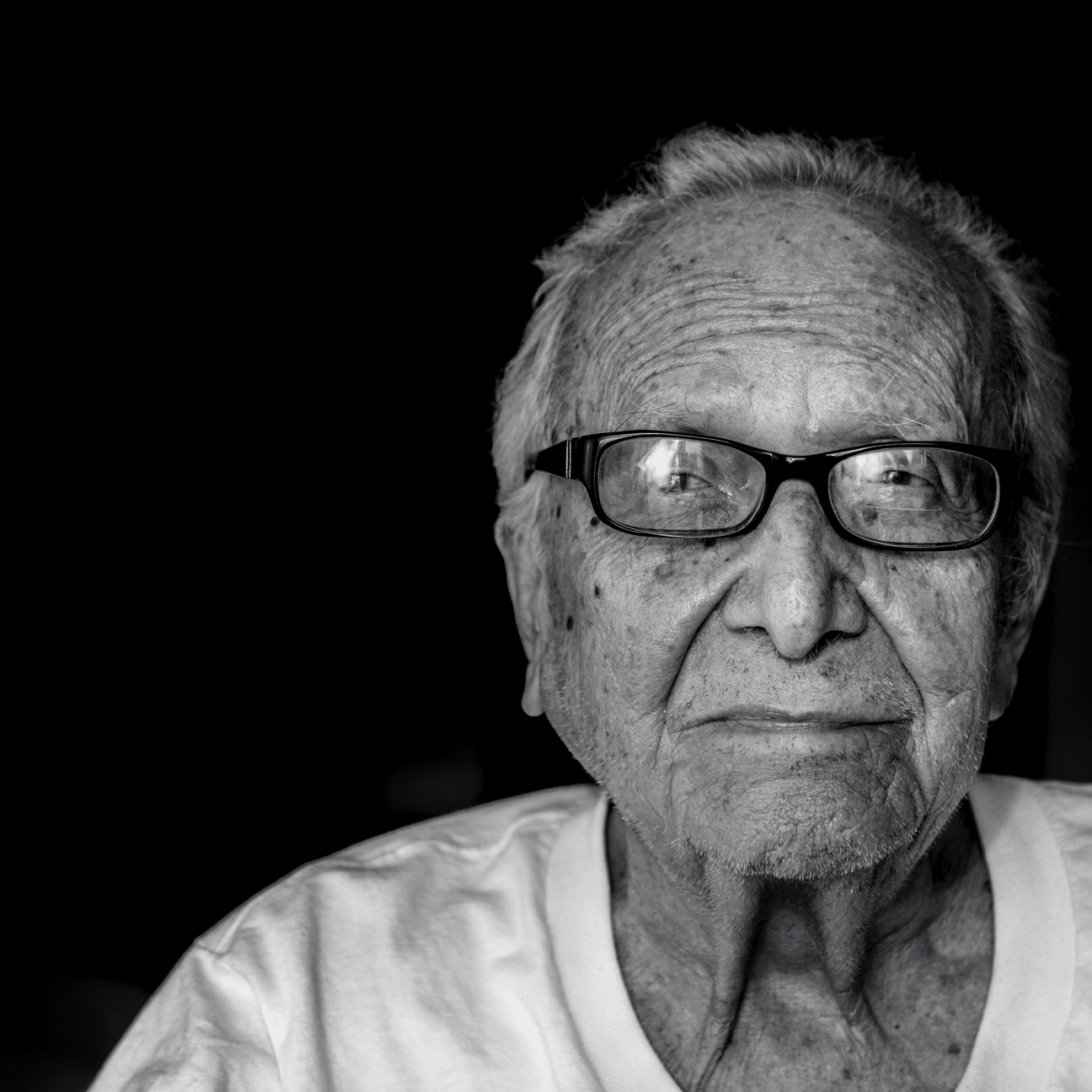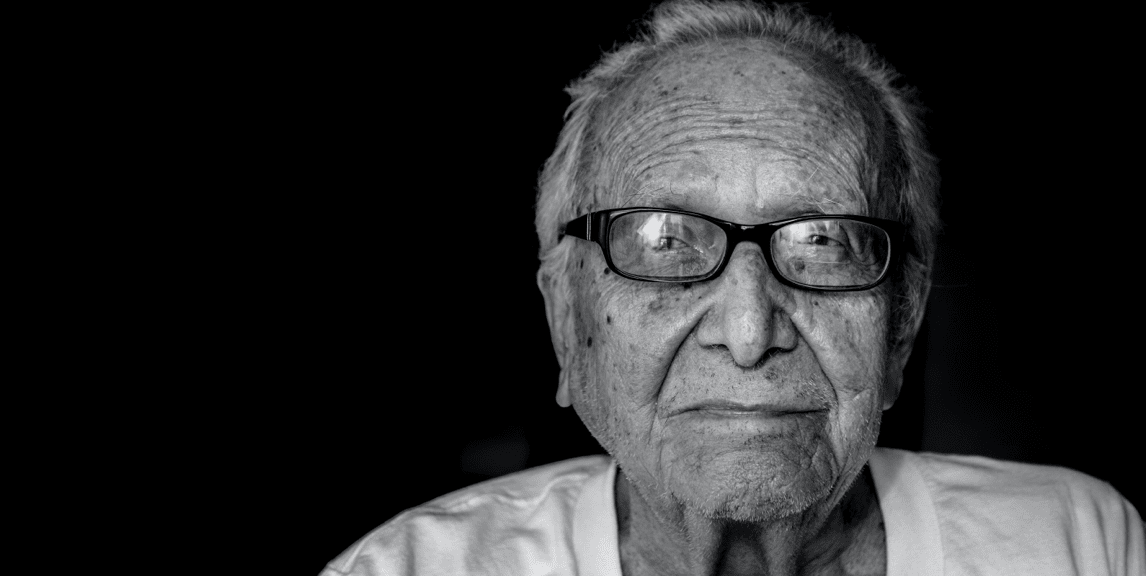REENA GOTTESMAN
Dr. Reena Gottesman earned the Toffler Scholar Award in 2022 at Columbia University
Biography
Dr. Reena Gottesman grew up in New York. The oldest of five children, she developed an early interest in medicine, the sciences, and healthcare. She attributes some of this interest to the time she was able to spend with her grandparents and great grandparents, who lived close to her family. This experience also played a big role in inspiring Dr. Gottesman’s interest in understanding special health needs of older patients, the population she works with today.
When entering college at Stern College for Women of Yeshiva University, Dr. Gottesman knew she wanted to go to medical school to pursue her interest in research and also work with patients. Yet she felt very passionate about music. Knowing that her ultimate career path in medicine would be very demanding of her time, Dr. Gottesman decided to major in music in addition to taking all of the needed pre-med requirements.
After graduating from Yeshiva University, Dr. Gottesman attended medical school at Albert Einstein College of Medicine. During her studies, she was drawn to neurology, an interest that led to an opportunity to work with a neurologist who was conducting research on the behavioral aspects of strokes. This experience, paired with her desire to work with older patients, formalized her professional focus: Dr. Gottesman would specialize in dementia.
After medical school, Dr. Gottesman completed her internship in internal medicine at Winthrop

University Hospital (now NYU-Winthrop), followed by a neurology residency at Albert Einstein College of Medicine/Montefiore Medical Center. She completed her fellowship in behavioral neurology and neuropsychiatry as well as neuroepidemiology at Columbia University Irving Medical Center.
Today, Dr. Gottesman is a board-certified neurologist in the Division of Aging and Dementia. Her research focuses on maximizing the quality of life for patients with dementia. In her clinical work, she provides specialized care for patients with memory concerns and dementia at the Neurological Institute, and she sees referrals for memory concerns from the Integrated Women’s Health Center.
“There’s still so much we don’t know about brain-behavior relationships, which is the idea that something going on in the brain has an impact on the outward manifestations of what we do and how we think. I am fascinated by that relationship.”
– Dr. Reena Gottesman

BIOGRAPHY
Dr. Reena Gottesman grew up in New York. The oldest of five children, she developed an early interest in medicine, the sciences, and healthcare. She attributes some of this interest to the time she was able to spend with her grandparents and great grandparents, who lived close to her family. This experience also played a big role in inspiring Dr. Gottesman’s interest in understanding special health needs of older patients, the population she works with today.
When entering college at Stern College for Women of Yeshiva University, Dr. Gottesman knew she wanted to go to medical school to pursue her interest in research and also work with patients. Yet she felt very passionate about music. Knowing that her ultimate career path in medicine would be very demanding of her time, Dr. Gottesman decided to major in music in addition to taking all of the needed pre-med requirements.
After graduating from Yeshiva University, Dr. Gottesman attended medical school at Albert Einstein College of Medicine. During her studies, she was drawn to neurology, an interest that led to an opportunity to work with a neurologist who was conducting research on the behavioral aspects of strokes. This experience, paired with her desire to work with older patients, formalized her professional focus: Dr. Gottesman would specialize in dementia.
After medical school, Dr. Gottesman completed her internship in internal medicine at Winthrop
University Hospital (now NYU-Winthrop), followed by a neurology residency at Albert Einstein College of Medicine/Montefiore Medical Center. She completed her fellowship in behavioral neurology and neuropsychiatry as well as neuroepidemiology at Columbia University Irving Medical Center.
Today, Dr. Gottesman is a board-certified neurologist in the Division of Aging and Dementia. Her research focuses on maximizing the quality of life for patients with dementia. In her clinical work, she provides specialized care for patients with memory concerns and dementia at the Neurological Institute, and she sees referrals for memory concerns from the Integrated Women’s Health Center.
“There’s still so much we don’t know about brain-behavior relationships, which is the idea that something going on in the brain has an impact on the outward manifestations of what we do and how we think. I am fascinated by that relationship.”
- Alberto Serrano-Pozo

Research Focus
Focus and Priorities
The goal of Dr. Gottesman’s current research is to get as close to patients’ wishes as possible so that, at later stages of the disease, care delivery teams can understand what that patient would have wanted before they lost the ability to express their wishes.
This research direction has led Dr. Gottesman to study the intersection of palliative care and dementia care. Recently, a lot of literature about general palliative care has been published, and this research indicates that there are many palliative care needs that should be better addressed in patients. Dr. Gottesman wants to apply this research direction to patients with frontotemporal dementia.
In its early stages, frontotemporal dementia tends to predominantly affect behaviors, so it’s often mis-characterized as a midlife crisis or depression when, in fact, these behaviors are caused by a neurodegenerative disease. Quality-of-life and end-of-life care for these patients is greatly under-studied. Dr. Gottesman aims to change this and, in the process, improve quality-of-life and palliative-care needs assessments for these patients.
She will be conducting a series of interviews with both patients and their caregivers. Dr. Gottesman’s questions explore topics like symptoms that are bothering them, if there are specific interventions that would improve their quality of life, and if they've thought about end-of-life care. As part of this process, she will also be evaluating the Quality of Life Scale, which measures a patient’s quality of life and is commonly used in Alzheimer's disease to evaluate the outcomes of a clinical trial. Dr. Gottesman hopes that her research will help assess the Quality of Life Scale’s efficacy when applied to patients with frontotemporal dementia. Responses between patients and caregivers will be compared to see if a new measurement tool needs to be developed for this particular group.
Challenges
Dr. Reena Gottesman focuses on maximizing the quality of life for patients with frontotemporal dementia, both during the illness and toward the end of their lives. Dementia patients eventually lose the ability to express their wishes and desires, making it difficult to provide them with the care that best meets their preferences and needs.

Focus and Priorities
The goal of Dr. Gottesman’s current research is to get as close to patients’ wishes as possible so that, at later stages of the disease, care delivery teams can understand what that patient would have wanted before they lost the ability to express their wishes.
This research direction has led Dr. Gottesman to study the intersection of palliative care and dementia care. Recently, a lot of literature about general palliative care has been published, and this research indicates that there are many palliative care needs that should be better addressed in patients. Dr. Gottesman wants to apply this research direction to patients with frontotemporal dementia.
In its early stages, frontotemporal dementia tends to predominantly affect behaviors, so it’s often mis-characterized as a midlife crisis or depression when, in fact, these behaviors are caused by a neurodegenerative disease. Quality-of-life and end-of-life care for these
patients is greatly under-studied. Dr. Gottesman aims to change this and, in the process, improve quality-of-life and palliative-care needs assessments for these patients.
She will be conducting a series of interviews with both patients and their caregivers. Dr. Gottesman’s questions explore topics like symptoms that are bothering them, if there are specific interventions that would improve their quality of life, and if they've thought about end-of-life care. As part of this process, she will also be evaluating the Quality of Life Scale, which measures a patient’s quality of life and is commonly used in Alzheimer's disease to evaluate the outcomes of a clinical trial. Dr. Gottesman hopes that her research will help assess the Quality of Life Scale’s efficacy when applied to patients with frontotemporal dementia. Responses between patients and caregivers will be compared to see if a new measurement tool needs to be developed for this particular group.

Benefits
Dr. Reena Gottesman hopes that this line of inquiry will eventually lead to a higher quality of life for patients with dementia, from the earliest stages of the disease toward the end of their lives. Interventions, like discussing end-of-life care with certain patients earlier in the progression of the disease, could one day lead to better outcomes for patients themselves as well as the people who care for them.
Karen Toffler Charitable Trust Investment
Support from the Karen Toffler Charitable Trust will help Dr. Gottesman conduct interviews with frontotemporal dementia patients and their caregivers. It will also help her evaluate the effectiveness of the Quality of Life Scale for patients with frontotemporal dementia. Dr. Gottesman hopes that her research will eventually lead to an improved quality of life for frontotemporal dementia patients.
Karen Toffler Charitable Trust Investment
Support from the Karen Toffler Charitable Trust will help Dr. Gottesman conduct interviews with frontotemporal dementia patients and their caregivers. It will also help her evaluate the effectiveness of the Quality of Life Scale for patients with frontotemporal dementia. Dr. Gottesman hopes that her research will eventually lead to an improved quality of life for frontotemporal dementia patients.
“I hope to one day to look back and see that I’ve done research that has ultimately improved the lives of my patients. That’s why I do this work.”
– Dr. Reena Gottesman